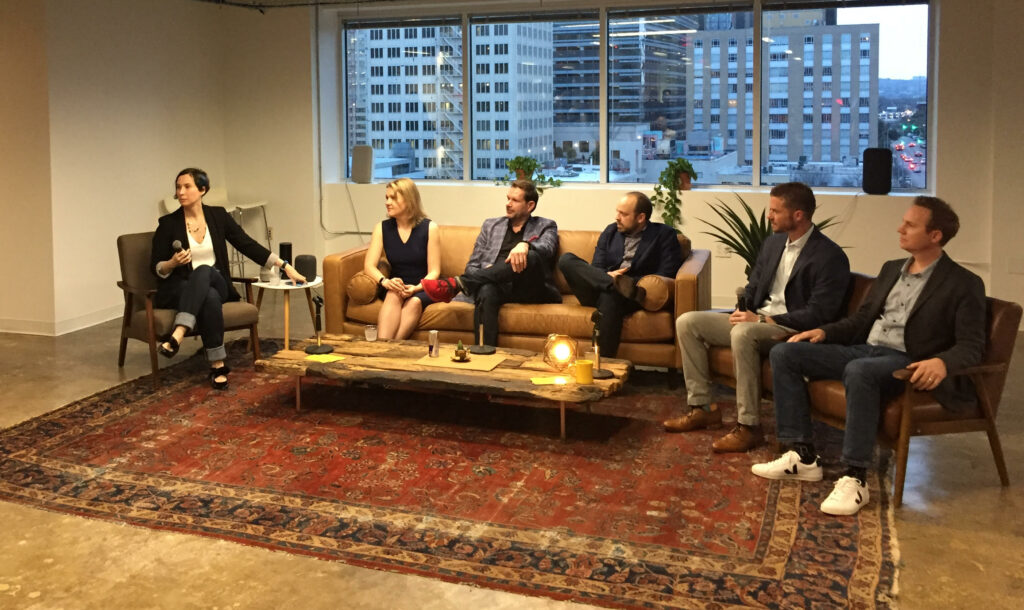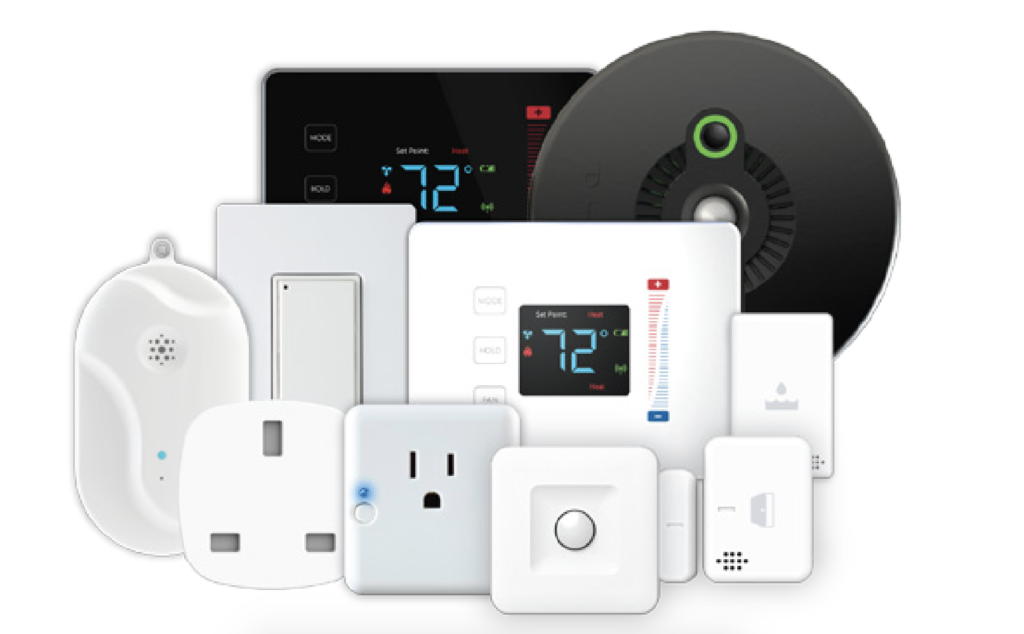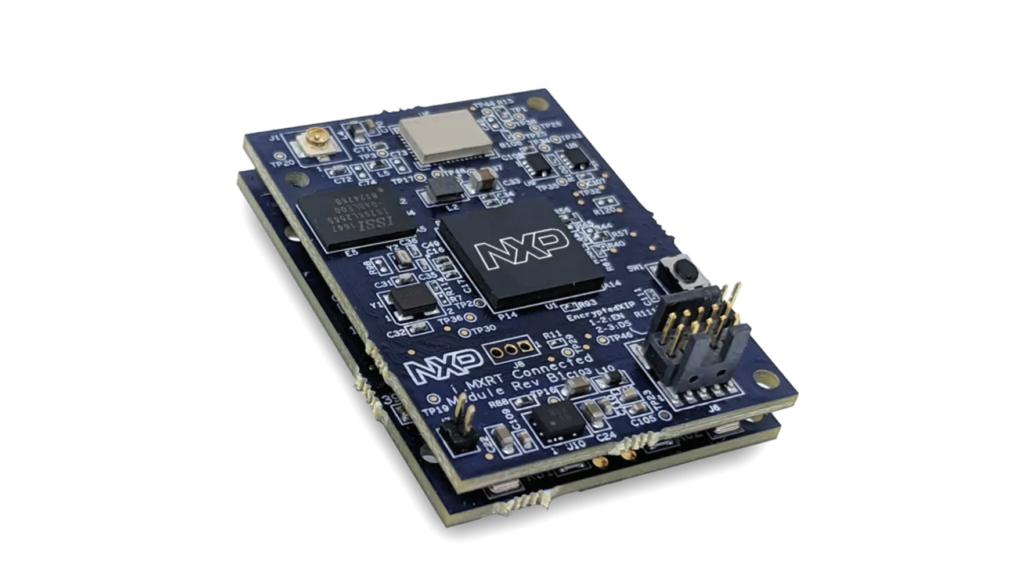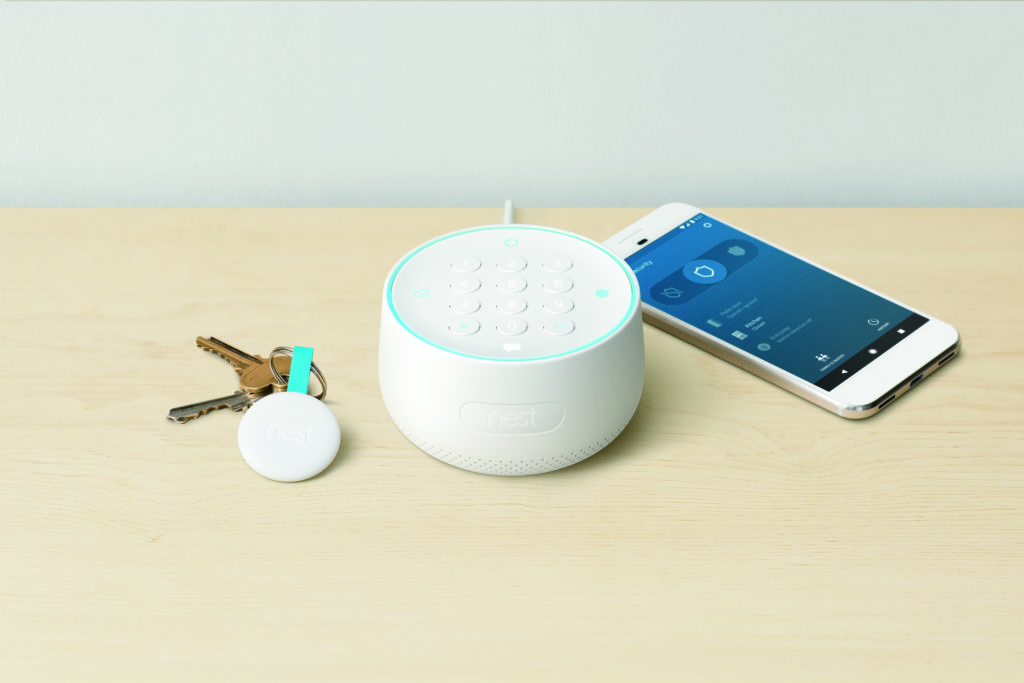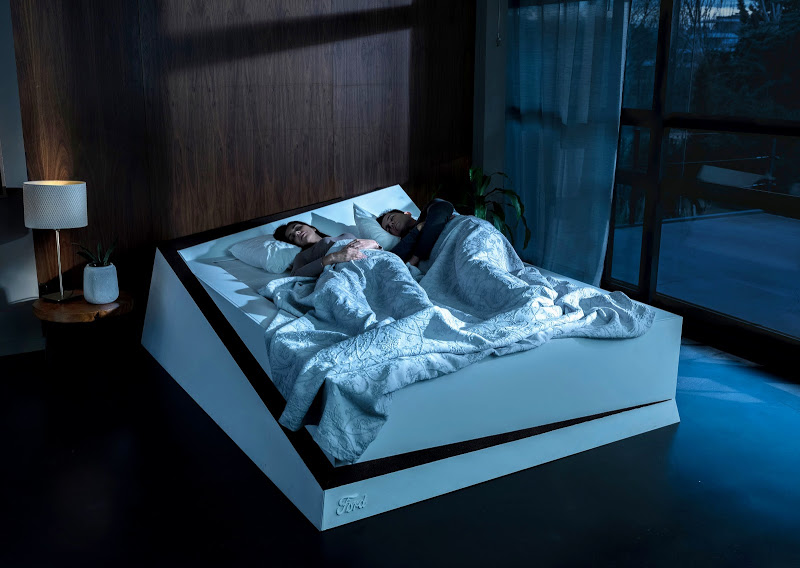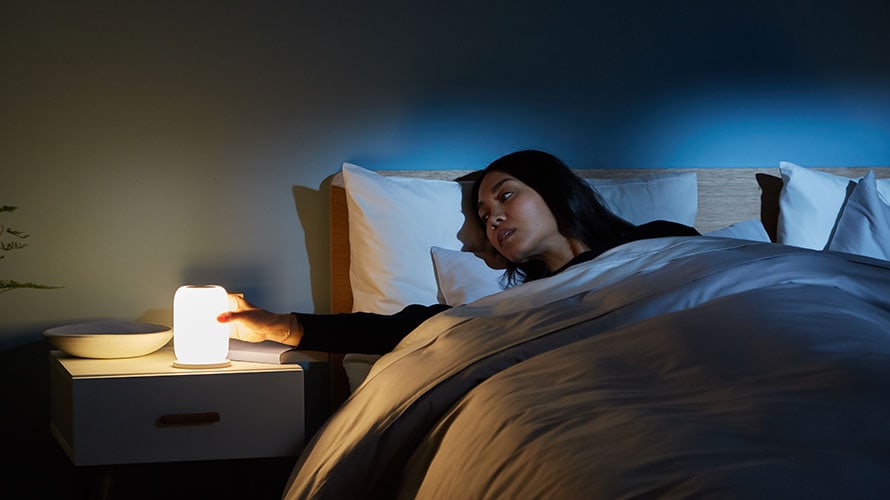Kevin was out of town this week, so I co-hosted the podcast with my former colleague Chris Albrecht, who is managing editor at the Spoon, a foodtech site and the head of the Articulate conference all about kitchen robots. We start the show with news about Vivint adding cars to its smart home product and Alexa getting contextual data from Echo devices. Then we discuss two pieces of federal legislation. The first covers IoT security and the second prevents companies from grabbing facial recognition data without permission. From there we talk about robot dogs, Nvidia’s new ML dongle that will be great for industrial IoT, Fibaro’s link up with SmartThings and Qualcomm’s new chips for smart speakers. We close by answering a question on the Stich smart home hub from Monoprice.
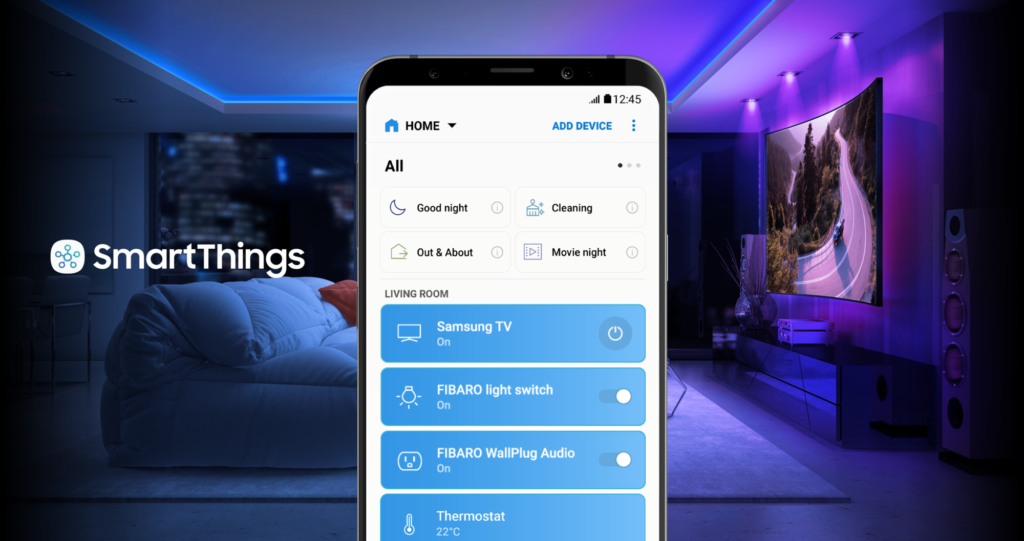
Our guest this week is Bjorn Block, the head of development at IKEA Home Smart. Block returned to the show to give us the details on the new IKEA Fyrtur roller shades and some hints about its collaboration with Sonos for new smart speakers. We also talk about how IKEA plans to support smart home products at retail. It will unveil a new smart home section of the store in August along with the blinds and Sonos speakers. In the wake of most big retailers shutting down their smart home efforts, I am eager to see how IKEA plans to plow ahead. Enjoy the show.
Hosts: Stacey Higginbotham and Chris Albrecht, managing editor of The Spoon
Guest: Bjorn Block, IKEA Home Smart
Sponsors: Afero and Western Digital
- Alexa gets context clues in cars
- The feds tack security and privacy legislation
- Would you buy a $500 robot dog?
- All the deets on IKEA’s smart blinds
- August is a big month for IKEA’s smart home plans
Podcast: Play in new window | Download | Embed
Subscribe: RSS

